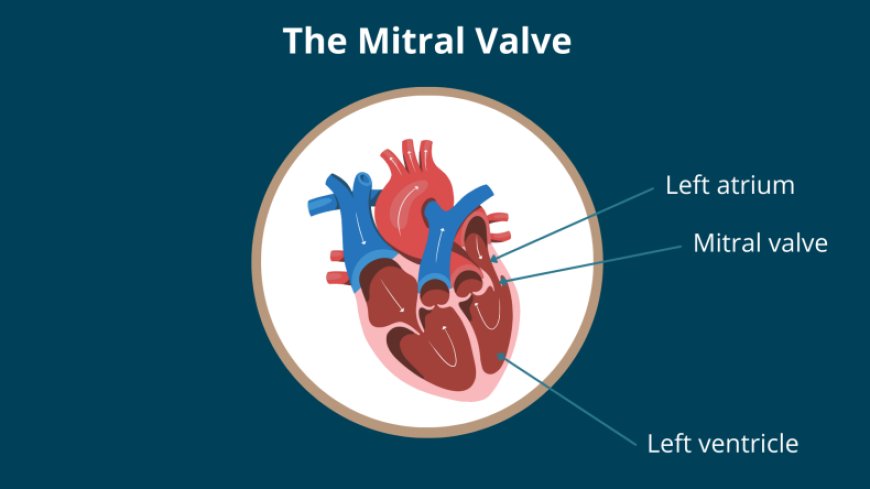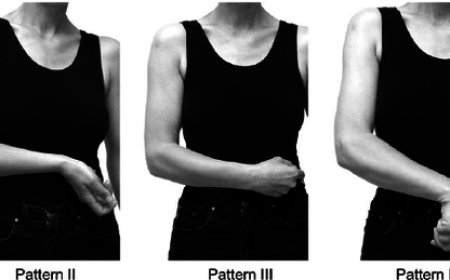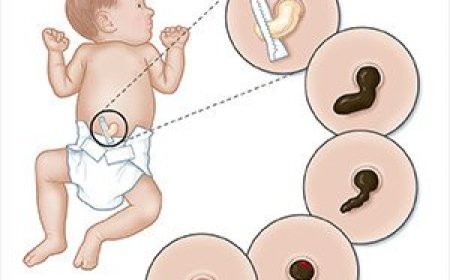Mitral Valve Prolapse

Introduction:
In India, like in any other country, heart health is crucial, and one condition that can affect the heart's functioning is called Mitral Valve Prolapse (MVP). MVP is a heart valve disorder that may affect some individuals. Understanding this condition can help us take care of our hearts and stay healthy.
Signs and Symptoms:
People with Mitral Valve Prolapse may experience the following signs:
- Heart Palpitations: Feeling like the heart is racing or fluttering.
- Fatigue: Feeling tired even with light activities.
- Shortness of Breath: Having difficulty breathing, especially during physical activities.
- Chest Pain: Experiencing chest discomfort or pain.
What Is "Mitral Valve Prolapse"?
Mitral Valve Prolapse (MVP) is a heart condition where the mitral valve, which acts like a door in the heart, doesn't close properly. This can cause blood to leak backward instead of moving forward as it should.
How Is "Mitral Valve Prolapse" Classified?
Mitral Valve Prolapse can be classified into two types:
- Classic Mitral Valve Prolapse: The flaps of the valve are floppy and bulge back into the left atrium of the heart.
- Non-classic Mitral Valve Prolapse: The valve flaps are thicker and may not bulge as much.
Causes and Triggers:
The exact cause of Mitral Valve Prolapse is not always clear, but it can run in families. Some people may be born with a valve that is more flexible, leading to MVP.
Risk Factors with Examples: Some factors may increase the risk of Mitral Valve Prolapse:
- Family History: If someone's parents or siblings have MVP, they may have a higher chance of having it too.
- Connective Tissue Disorders: Certain conditions affecting the body's connective tissues may increase the risk of MVP.
Types of "Mitral Valve Prolapse" with Detailing:
-
Classic Mitral Valve Prolapse: In this type, the valve flaps are floppy and bulge back into the heart's left atrium. It is more common.
-
Non-classic Mitral Valve Prolapse: The valve flaps in this type are thicker and may not bulge as much. It is less common.
Diagnostic Tests and Treatments:
To diagnose Mitral Valve Prolapse, doctors may use the following tests:
- Echocardiogram: This test uses sound waves to create images of the heart and check the valve's function.
- Electrocardiogram (ECG or EKG): This test records the heart's electrical activity and rhythm.
Treatment for Mitral Valve Prolapse depends on the individual's symptoms:
- Lifestyle Changes: Eating a healthy diet, exercising, and managing stress can help keep the heart healthy.
- Medications: In some cases, doctors may prescribe medicines to manage symptoms or prevent complications.
- Surgery: If the condition is severe and causing significant problems, surgery to repair or replace the valve may be needed.
Complications of "Mitral Valve Prolapse" and Prevention Techniques:
Most people with Mitral Valve Prolapse do not have serious complications. To prevent problems:
- Regular Check-ups: Getting regular check-ups with the doctor can help monitor the heart's health.
- Healthy Lifestyle: Eating healthy foods, staying active, and avoiding smoking can support heart health.
Mitral Valve Prolapse is a condition that affects the heart's functioning, but with proper care and regular check-ups, people can lead healthy lives. By taking care of our hearts and following a healthy lifestyle, we can keep our "flappy door" (mitral valve) working well, allowing us to enjoy a happy and active life!
What's Your Reaction?
 Like
0
Like
0
 Dislike
0
Dislike
0
 Love
0
Love
0
 Funny
0
Funny
0
 Angry
0
Angry
0
 Sad
0
Sad
0
 Wow
0
Wow
0








































































